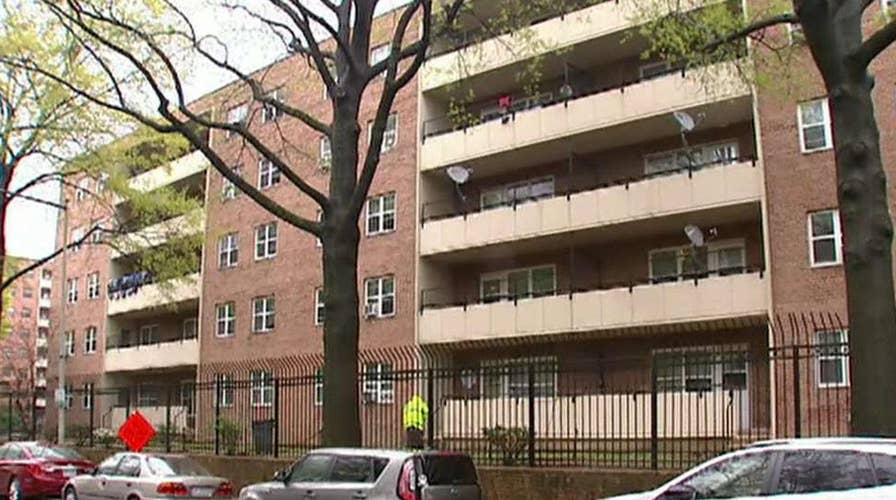Trump administration taking up welfare reform
HUD Secretary Ben Carson announces rent hike for those receiving federal housing help. Doug McKelway has the story.
WASHINGTON – As part of its all-out effort to rein in the welfare state, the Trump administration is requiring all federal agencies to submit plans for revising welfare programs over the next 90 days.
Housing and Urban Development Secretary Ben Carson isn't waiting. He released a plan last week that would revise HUD's program for the nation's 4.5 million people who receive federal public housing assistance.
"Every year, it costs more and more money to take care of the same number of people," he told Washington's WMAL radio on Thursday. "We want to absolutely protect the elderly and the disabled...but for the work-able people, we're providing opportunities for the landlords, the Public Housing Authorities, to have a series of choices that they can utilize," he said.
STATES TAKE ON WELFARE REFORM -- WITH NOD FROM TRUMP
Among the changes in HUD's plan: landlords and public housing authorities would be required to submit income verification and other tenant employment information every three years, as opposed to every year as is now required.
Carson believes that will simplify the mind-numbing complexity of the applications, as well as incentivize tenants – who are often dissuaded from working by the yearly escalation in rent contribution that a pay increase entails – to seek higher-paying jobs.
"Now they can go out and get a job and make lots of money. You're not charged anymore for a 3-year period," he said. "During that time they might begin to understand: ‘You know what? I can take control here."
NEWT GINGRICH: TRUMP IS RIGHT -- WE NEED WELFARE REFORM
But opponents are infuriated that those receiving housing public assistance would also be required to spend 5 percent more of their monthly gross income on rent, that deductions for some child care and medical costs would be eliminated, and that caps for the neediest able-bodied would jump from $50 to $150 a month.
Rebecca Vallas of the Center for American Progress believes the proposed changes are cruel, given the ever-increasing costs of living in the United States.
"Nowhere in the United States, in no state in this country, can a worker earning a federal minimum wage of $7.25 an hour afford a one-bedroom apartment at market rates," she told Fox News.
Vanessa Brown Calder of the Cato Institute asks if not now, when should such changes be made?
"Employment is at its lowest in 20 years," she told Fox News. She also notes that housing costs tend to be highest in coastal metropolitan regions governed by liberals. Tough, local zoning restrictions, which restrict high rises and multi-family dwellings, tend to price the neediest out of those regions, she said.
While the Trump Administration pursues cuts to various welfare programs, Congressional Republicans and some GOP Governors are also moving in the same direction – including plans for a work requirement for able-bodied food stamp and Medicaid recipients.























